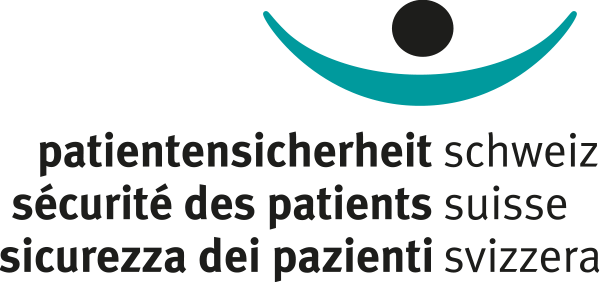
Chronic Obstructive Pulmonary Disease (COPD)
Do you have any questions? We are pleased to advise you:
+41 41 228 09 94
With chronic obstructive pulmonary disease (COPD), the lungs are permanently damaged. The airways (bronchial tubes) develop chronic inflammation and become charged with viscous mucus, which causes them to narrow. As a result, people with advanced COPD have difficulty breathing. Everyday activities, such as climbing stairs, gardening or taking a walk, can then be sufficient to cause someone affected by COPD to get out of breath.
COPD does not emerge suddenly, but it develops slowly over the years. Precisely for this reason, preventive measures are not only possible, but also successful.
-
About 90% of all people who suffer from COPD either smoke or have smoked. The preventive measure which is most effective in keeping COPD at bay is to not smoke, or to give up smoking. The combination of a cessation program and nicotine replacement therapy can help when people decide to give up smoking.
-
Since pollutants in the environment or in the workplace can also favour COPD, it is important to avoid particulate matter, exhaust gases or chemicals as much as possible, or to adopt consistent protective measures.
-
Regular physical activity supports the respiratory and cardiovascular systems in becoming stronger, and causes you to become more resistant to colds and flu.
-
A well-adjusted medicinal asthma therapy prevents recurrent inflammation of the bronchial tubes.
-
Get vaccinated against influenza in good time before the flu season. The best time is between mid-October and mid-November. A pneumococcal vaccine against a common pathogen of pneumonia is recommended as well.
Your guides:
Your checklist:
Further information:
Help and advice on quitting smoking
The Swiss Federal Office of Public Health:
Seasonal flu vaccination
-
Shortness of breath during physical exercise; with advanced COPD, shortness of breath already in a resting state
-
Daily cough with sputum for a long period of time
-
Noises such as whistling and snoring when breathing
-
Increased symptoms when sick with the cold or flu
-
Taking medication in the form of inhalation or tablets that are designed to dilate the airways or are anti-inflammatory
-
Breathing exercises and breathing therapy can strengthen the respiratory muscles as well as improve respiration and the expectoration of mucus. There are breathing techniques, coughing techniques, postures and mechanical devices that make everyday life with COPD easier. Information is available from the Lungenliga Schweiz (Pulmonary League Switzerland).
-
Regular physical training is often easier in a group. Qualified trainers can also check to make sure that the exercises are done properly and at an intensity that matches your capacity. For example, pulmonary sport courses are also offered by the Lungenliga Schweiz (Pulmonary League Switzerland) in your region.
-
For persons with advanced COPD, oxygen therapy may be advised for support.
-
For patients who could not be helped by other treatments, an operation is sometimes an option. In case of lung volume reduction, the diseased, over-inflated parts of the lungs are removed. This way, healthy areas should be able to fulfil their function better again.
-
In patients who are underweight or have had a severe weight loss, nutritional therapy can help to support the increased physical energy demands.
You save on costs if you choose generics and purchase your medication via a mail order pharmacy. Ask the doctor treating you for generic medication, especially when the doctor writes a new prescription.
Personal consultation:
+41 41 228 09 94
Your guides:
Your checklists:
Further information:
Seasonal flu vaccination
Generic medicine: search function
(available in German, French and Italian)
Help and advice on quitting smoking

Medication brochure
to print out (PDF)
(available in German and French)

Request a
Second Opinion online
As a rule, patients receive long-term medication to treat COPD and reserve medication in the event of short-term respiratory distress. Outpatient or inpatient pulmonary rehabilitation possibilities may also be discussed with those affected.
All other treatment measures should be continued with the same intensity. The Lungenliga Schweiz (Pulmonary League Switzerland) can support you with comprehensive counselling and training programs so that everyday life at home will be successful.
-
Only the cessation of smoking can slow down the further destruction of the lungs. It is therefore worthwhile to quit smoking at any stage of the disease.
-
Those affected with COPD are usually prescribed permanent medication to strengthen the lung function as well as to postpone secondary diseases and other complications. It is therefore essential to follow the instructions of your family doctor.
Your guides:
Further information:
Assessment questionnaire
Individual health situation

Medication brochure
to print out (PDF)
(available in German and French)
Give us your feedback: What experiences have you had with the CONCORDIA Health Compass? Do you have questions about using it?
What suggestions do you have for us? Or maybe you didn't find what you were looking for?
Call us on +41 41 228 09 94. Or write your message to healthcompass@concordia.ch.
We would be happy to provide further assistance.
